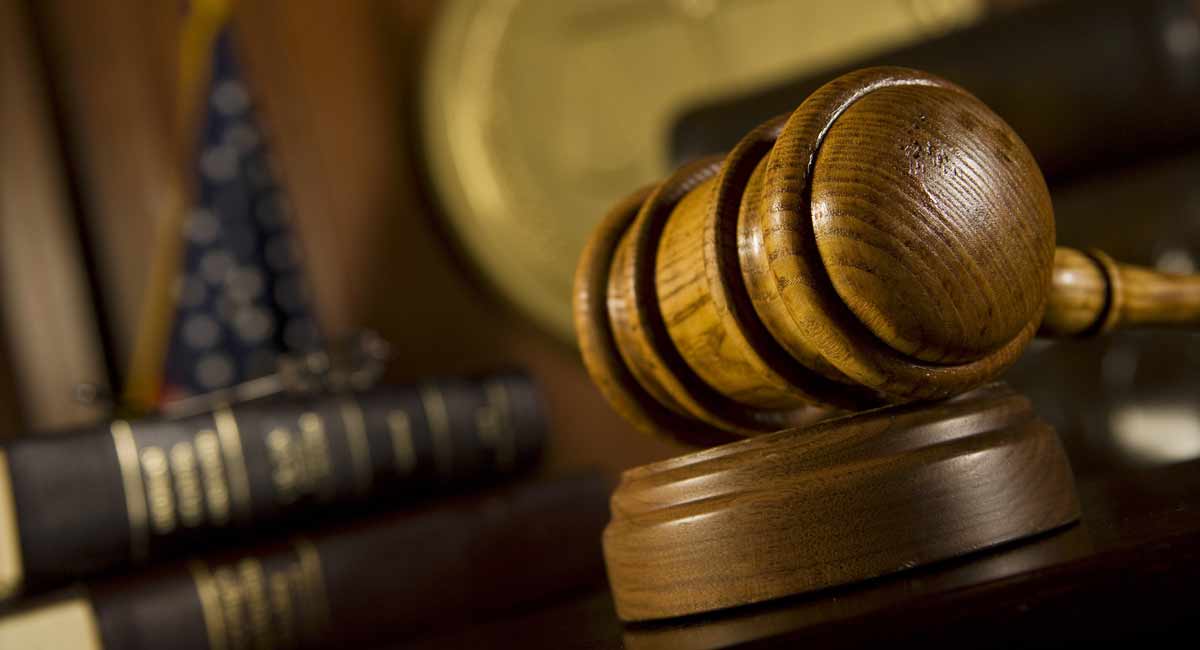Two judges on the Eighth Circuit U.S. Court of Appeals are urging the Supreme Court to overturn their court’s ruling and open the door to allowing states to enact bans on abortion before the fluid and arbitrary point of “viability.”
In the January 5, 2021, opinion in the case of Little Rock Family Planning v. Rutledge, Judge Ralph Erickson and Judge Bobby Shepherd lamented the fact that Supreme Court precedent forced them to block pro-life laws in Arkansas. Those laws include a ban on abortion after 18 weeks and a ban on abortion due to a prenatal diagnosis of Down syndrome. Erickson and the rest of the panel of appeals judges upheld the ruling of a U.S. District Court which had struck down the pro-life laws.
Erickson wrote in his opinion that the Supreme Court should “revisit its precedent in Planned Parenthood of Southeastern Pennsylvania v. Casey,” a 1992 case that affirmed that under Roe v. Wade women have a so-called right to abortion prior to fetal viability but changed the terms to create a flexible definition not based on the three trimesters of pregnancy. Under this ruling, states are unable to effectively ban abortion before viability, which has long been held to be 24 weeks — though children born as young as 21 weeks have survived.
READ: Coercive population control and eugenics are still alive and well today
Erickson is concerned that the inability of states to ban abortions prior to viability will lead to the creation of a “master race” due to the the fact that early prenatal testing is now leading to earlier abortions for eugenic purposes. In addition, many children are killed by abortion after viability due to a prenatal diagnosis — one of many loophole exceptions often placed in pro-life legislation.
“The great glory of humanity is in its diversity,” wrote Erickson. “We are a species remarkably variant in our talents, abilities, appearances, strengths, and weaknesses. The human person has immense creative powers, a range of emotional responses that astound the observant, and a capacity to love and be loved that is at the core of human existence. Each human being possesses a spirit of life that at our finest we have all recognized is the essence of humanity. And each human being is priceless beyond measure. Children with Down syndrome share in each of these fundamental attributes of humanity.”
Shepherd wrote that using viability as the cutoff ties “the interests to scientific advancements in obstetrics and ‘not to the developments of the unborn’; that it deprives state legislatures of the opportunities to determine the appropriate interest in protecting unborn children by substituting the Supreme Court’s ‘own preference to that of the legislature…”
READ: Justice Clarence Thomas gives epic history lesson on abortion and eugenics
“But this case presents yet another reason why the viability standard is unsatisfactory and worthy of reconsideration,” added Shepherd. “Act 619, which prohibits a physician from performing or attempting to perform an abortion based on a diagnosis or suspicion of Down syndrome involves significant and, as yet, unconsidered issues regarding the balance of interests when the sole reason a woman seeks an abortion is what she deems an unwanted immutable characteristic of the unborn child. And Casey directs that we resolve this inquiry by considering viability alone.”
Erickson argued that by focusing on viability alone, the Supreme Court has failed “to consider the circumstances that strike at the core of humanity and pose such a significant threat that the State of Arkansas might rightfully place that threat above the right of a woman to choose to terminate a pregnancy.” He called the eugenics movement “one of the great curses of the 20th century” and said the “new eugenics movement is more subtle” — allowing the killing preborn children under the guise of compassion and women’s rights.
“Like” Live Action News on Facebook for more pro-life news and commentary!







